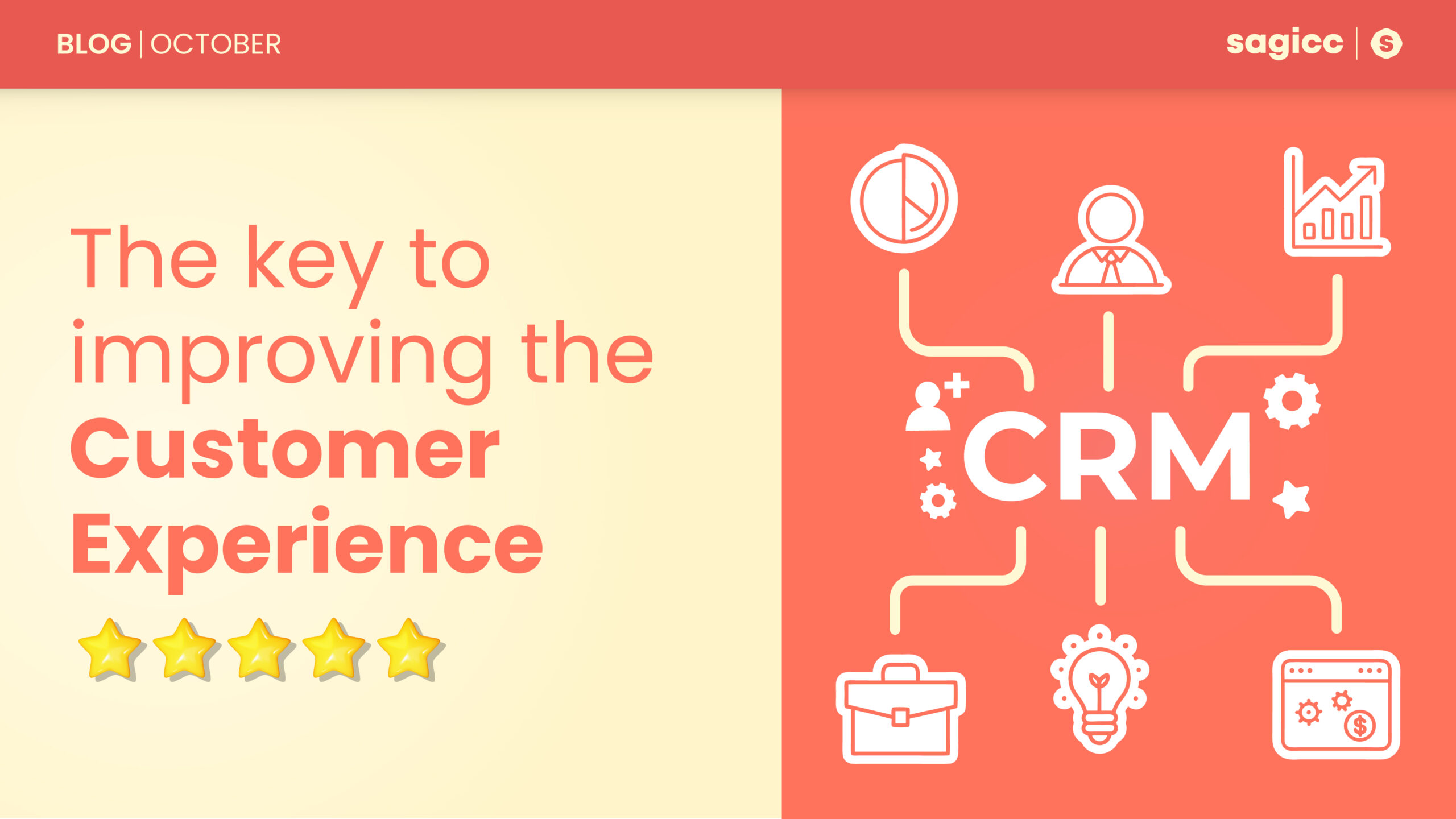The biggest challenge for companies is to constantly improve the customer experience. Therefore, the key to success lies in how organizations manage these relationships. To meet these challenges, CRM (Customer Relationship Management) has become an essential tool for optimizing internal business processes.
In this blog, we will explore what CRM is, why it is essential for companies, and how its implementation can make a difference in the company-customer relationship.
What is CRM?
CRM is a management platform for customer relationships. It is software that organizes, monitors, and enhances customer databases. Its goal is to improve the customer relationship, optimize retention, and increase sales. These systems gather data from multiple channels, including phone calls, social media, and websites, providing a unified and comprehensive view of each customer.
CRM Pillars
- Sales Automation: Efficiently manages the workflow, from identifying opportunities to closing deals.
- Customer Service: Provides tools for support teams to offer agile, personalized attention, enhancing the customer experience.
- Marketing: Enables companies to segment their customer base and launch personalized campaigns, maximizing the relevance of their messages.
According to a study by Nucleus Research, companies that implement CRM see a return on investment of up to $8.71 for every dollar spent. Below are some of the most relevant benefits:
- Optimizing Customer Relationships
One of CRM’s most important benefits is improved interaction with customers. It centralizes all relevant information about each customer, allowing companies to anticipate their needs, which results in a better experience and greater satisfaction. - Increased Productivity
CRM automates many tasks related to customer management, such as sending emails, follow-ups, and data updates. This allows employees to focus on other activities, such as strategy and innovation. - Customer Retention
CRM not only helps attract new customers but also aids in retaining existing ones. A study by Bain & Company shows that increasing customer retention by 5% can boost profits by 25% to 95%. - Data-Driven Decision Making
CRM allows companies to analyze large volumes of customer data, helping them identify behavioral patterns, forecast strategies, and make informed decisions. - Marketing Campaigns
CRM systems enable companies to segment their customers more effectively, leading to more targeted and personalized marketing campaigns.
The success of this tool depends on how it is configured and utilized within an organization. One common challenge is resistance to change when new technologies are introduced, especially if the company has relied on traditional methods. Additionally, for CRM to be effective, the data entered must be accurate and regularly updated; otherwise, its potential is limited.
The future of CRM is tied to the adoption of new technologies like Artificial Intelligence (AI) and machine learning. These technologies innovate how businesses interact with their customers and manage data. Furthermore, the integration of omnichannel solutions into CRM systems will be a growing trend in the coming years. Customers expect to interact with companies across various channels without losing continuity in their experience. An omnichannel CRM ensures that all these interactions are connected, maintaining a consistent customer history across different touchpoints.
At Sagicc, we understand the importance of an effective CRM for enhancing the customer experience. Our omnichannel platform integrates CRM tools that allow companies to manage customer interactions efficiently and personally. With Sagicc, businesses can centralize their communications, gain data insights, and improve customer retention. The key to success lies in leveraging the right tools, and Sagicc is the solution that empowers companies to achieve their goals.
If you want to know more about Sagicc, click here.



